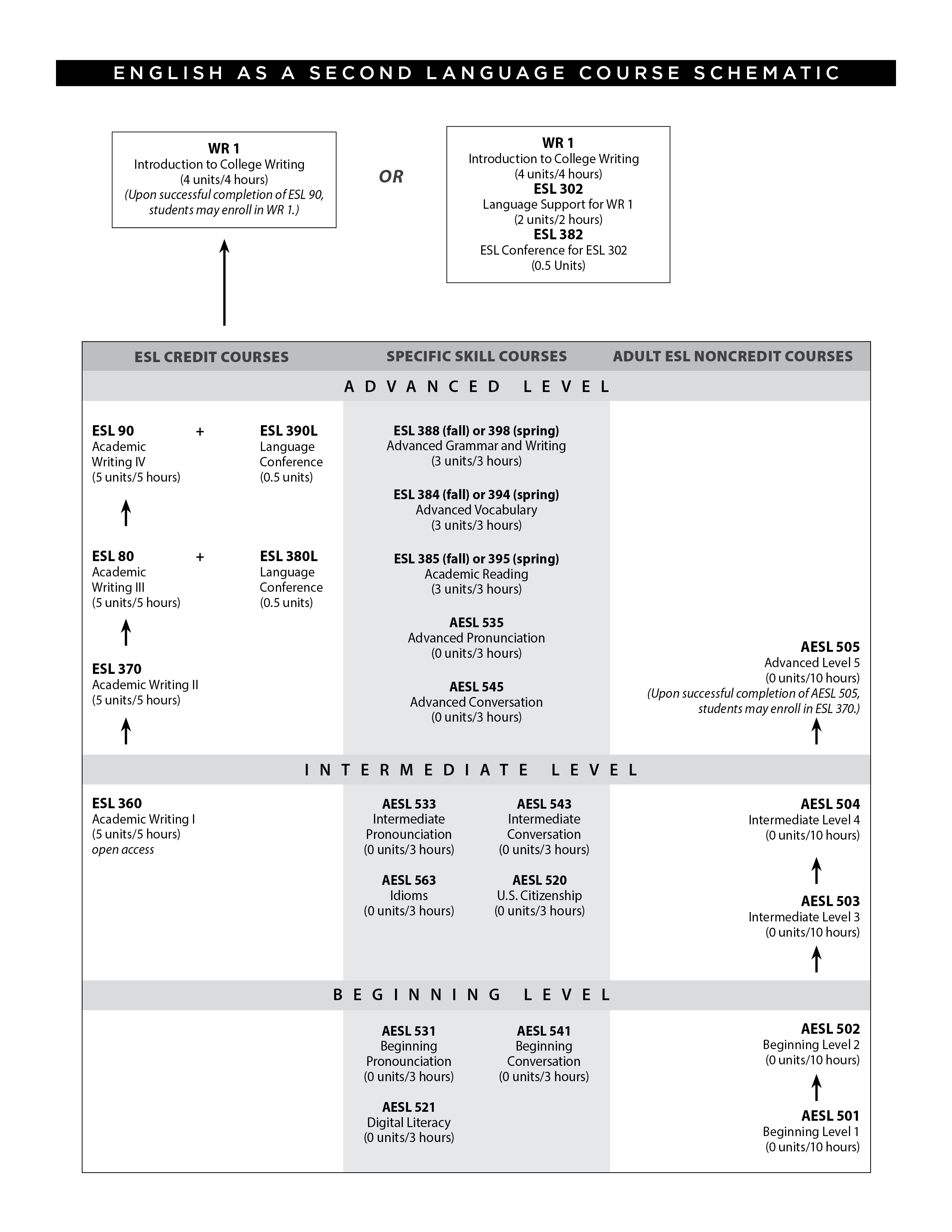2020-2021 Catalog [ARCHIVED]
English
|
|
 Return to: Academic Departments Return to: Academic Departments
Dean: Brooke Bui, PhD
Academic Co-Chairs, English: Melissa Knoll and Rebecca Kaminsky
Faculty: Lisa Alvarez; Daniel deRoulet, PhD; William Etter, PhD; Julie Evans; Melissa Garcia Knoll, PhD; Jeffrey Johnson, PhD; Rebecca Kaminsky; Emily Liu, PhD; Lewis Long; Kurt Meyer; Kay Ryals, PhD; Deanna Scherger, PhD; Summer Serpas; Virginia Shank, PhD; Daniel Vernazza
The English department offers courses in composition, literature, and creative writing that help students develop skills in close reading, argumentation, precise and vivid writing, and critical thinking. The majority of courses offered through the department meet general education and transfer requirements in English, critical thinking, literature, and/or the humanities.
English majors are a great choice for students intending upper-division study in literature, criticism, writing, editing, journalism, and related fields, but are also an excellent place for those who are uncertain about their career goals, as the major offers foundational skills necessary across many careers in our hypertextual world.
IVC’s English program offers students a focus in literature or creative writing, as well as unique opportunities including poetry workshops, which are not available at any other Orange County community colleges, and an opportunity to serve as an editor on our internationally distributed literary journal, The Ear.
Upon completion of an Associate in Arts in English students will be able to read, write, and think critically in producing essays and original work that demonstrates the craft of a given genre. Additionally, students will be able to interpret literary texts within their contexts, reflecting diversity in genre, historical period, and cultural expression. The AA-T in English (Associate in arts for Transfer) is designed to assist students in the seamless transfer to a CSU or UC for completion of a bachelor’s degree in English.
Writing Sequence:

Program Student Learning Outcomes
Literature
Upon completion of the English program in literature, students will be able to
-
Interpret literature critically and imaginatively, and respond in writing that is clear, exact, and expressive.
-
Demonstrate through both speaking and writing how literature might embody and generate meaning, reflect and create culture, and engage the human imagination.
-
Analyze the major types of literary expression as well as recurrent conventions, concerns, and values central to literature and to the understanding of literary texts and contexts.
-
Possess knowledge of literary materials reflecting diversity in genre, historical period, and cultural expression.
-
Possess knowledge of foundational classical and modern texts; major literary periods and traditions; major genres and literary forms; and non-canonical texts, including those of marginalized peoples and emergent cultures whose literature has traditionally been ignored.
Writing
Upon completion of the English program in writing, students will be able to
- Demonstrate proficiency in essential, course-appropriate skills in reading, research, critical and creative problem solving, speaking, and writing in order to produce, within a literary genre, original work that demonstrates an understanding of both the writing process and the stylistic craft choices of the genre.
Associate in Arts in English for Transfer (AA-T)
Upon completion of the Associate in Arts in English for Transfer (AA-T in English), students will be able to:
Literature
-
Interpret literature critically and imaginatively, and respond in writing that is clear, exact, and expressive.
-
Demonstrate through both speaking and writing how literature might embody and generate meaning, reflect and create culture, and engage the human imagination.
-
Analyze the major types of literary expression as well as recurrent conventions, concerns, and values central to literature and to the understanding of literary texts and contexts.
-
Possess knowledge of literary materials reflecting diversity in genre, historical period, and cultural expression.
-
Possess knowledge of foundational classical and modern texts; major literary periods and traditions; major genres and literary forms; and non-canonical texts, including those of marginalized peoples and emergent cultures whose literature has traditionally been ignored.
Writing
- Demonstrate proficiency in essential, course-appropriate skills in reading, research, critical and creative problem solving, speaking, and writing in order to produce, within a literary genre, original work that demonstrates an understanding of both the writing process and the stylistic craft choices of the genre.
Potential Careers
Employers value people who can read and evaluate diverse texts, write, communicate clearly, research, organize, rewrite, and edit. These skills are highly prized in many fields, but English majors often join some of the following fields:
- Administrative Assistance*, Arts Administration, Business Analysis, Communications Consulting, Communications Direction, Content Strategizing, Copy Editing, Copy Writing, Editing, Education, Fiction Writing*, Journalism, Law, Marketing, Poetry*, Project Management*, Public Relations, Publications, Research, Technical Writing, and Web Production.
* Denotes careers that may require only an AA
ProgramsAssociate in ArtsAssociate in Arts for Transfer
 Return to: Academic Departments Return to: Academic Departments
|